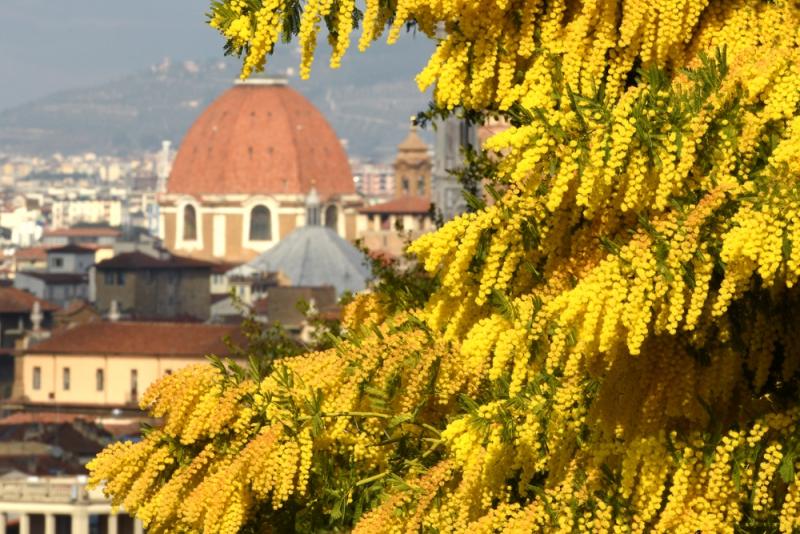International Women's Day has roots in the labor and suffrage movements, with most sources pointing its early origins to 19th century strikes among garment workers in New York (though the date of March 8 is also linked to later protests). March 8 was officially recognized as International Women’s Day by the United Nations General Assembly in 1977, and today it's observed in more than 100 countries worldwide. In Italy, the day is known as Festa della Donna.
The Italian Ministry of Culture recently confirmed that on Wednesday, March 8, women and girls will be granted free entry to state-run museums and archaeological sites, as is customary. (Not sure which museums and sites fall under that category? Use the official search function here.)
Topping off that annual free-admission nicety is a series of dedicated exhibitions and activities marking Festa della Donna in Italy’s major metropolises — and, in the original spirit of the day, a general transport strike, expected to most heavily impact train travel.
As for the cultural initiatives, here are a few highlights.
In Rome
The Galleria d’Arte Moderna will offer a special tour of work by women displayed throughout the museum (3.30pm, March 8). Starting with a smattering of extraordinary women in history and myth, the itinerary then moves toward, well, a man — specifically, an ongoing Pier Paolo Pasolini exhibition — but the well-intentioned tour will showcase the various women whose artistic paths intersected with the late intellectual, whose centenary year recently concluded. The tour finishes with a visual tribute to women who chose Rome as their source of inspiration.
On the same day in the Italian capital, Vive (Vittoriano e Palazzo Venezia, at Via del Plebiscito 118) presents Marble Women: Painted Women for International Women's Day (5.30pm, March 8). The exhibition visits the carving of Madame Lucrezia, whose stony likeness guards the entrance to Piazza San Marco; the 17th-century Cleopatra by Carlo Maratti and Dea Roma by Angelo Zanelli. The visit ends on the building’s spectacular panoramic terrace, which offers sweeping views over ancient Roman sites. Entrance is free for women and girls, while others may book tickets at the link above.
Near Naples
The Archaeological Park of Paestum and Velia celebrates International Women's Day with the initiative Women's Stories: Thematic Routes for All in Paestum and Velia. Archaeologist-led tours begin in the morning (March 8, from 10am) with “The Daughters of Hera: the Other Half of Paestum's History” and “Discovering the Women of Velia.” In the afternoon, join up to experience “The Women of Paestum Between Myth and Reality.” Bookings can be made via the contacts provided on the Ministry of Culture portal.
In Bologna
The Scent of Painted Flowers exhibition for Women’s Day runs until March 10 at the Legislative Assembly of the Emilia-Romagna Region (open Monday-Friday, 9am-6pm). Having launched in late February, the exhibition showcases a collection of mid-20th-century paintings of contemporary works where flowers are front and center — much as the sunny-yellow mimosa is at breakfast tables and office cubicles across Italy on Women's Day.
In Venice
The City of Venice is hosting a month-long program (succinctly and straightforwardly titled Marzo Donna). Featured initiatives, performances and conferences are mostly geared at Italian speakers, but there are some English-friendly or language-neutral events in the lineup, including, rather whimsically, a by-donation burlesque show at Teatro Momo in Mestre to support LILT, the Italian Cancer League (9pm, March 31).
On Women’s Day itself, a conference and screening, Women’s Rights, Violated: The Iranian, Afghan and Kurdish Realities will take place at the Ateneo Veneto (5pm, March 8). The talk will feature the British-Iranian, Tuscany-based author and journalist Kamin Mohammadi, author of Bella Figura: How to Live, Love and Eat the Italian Way. The full program of Marzo Donna initiatives is available here.













